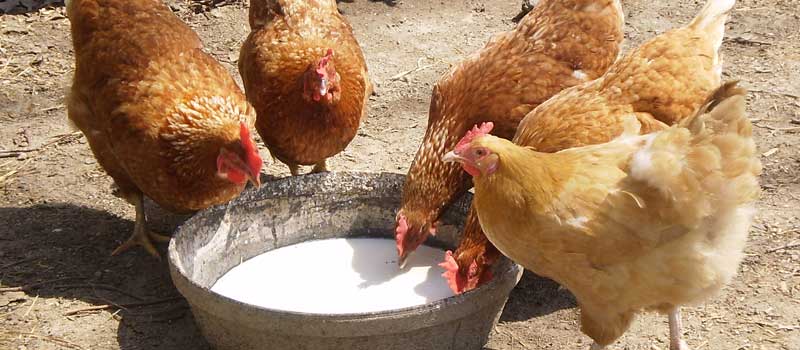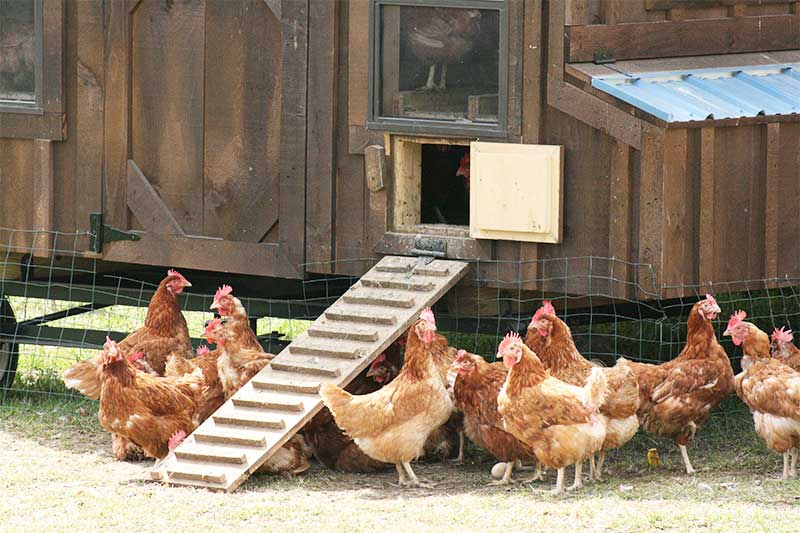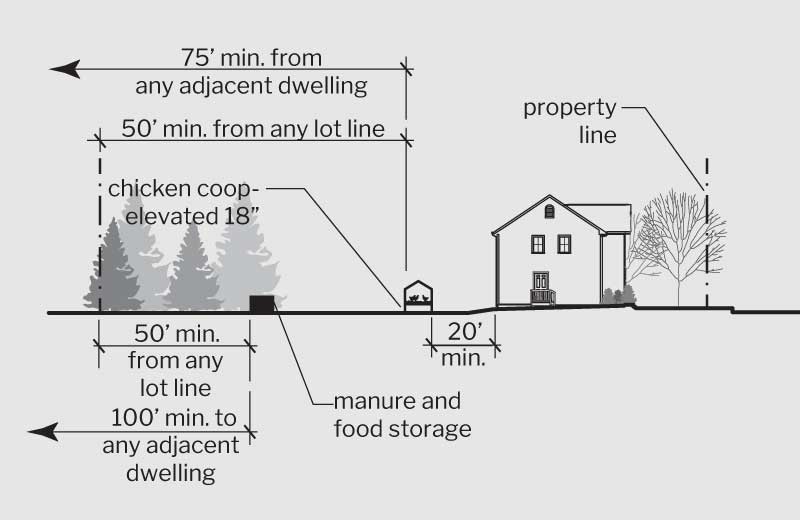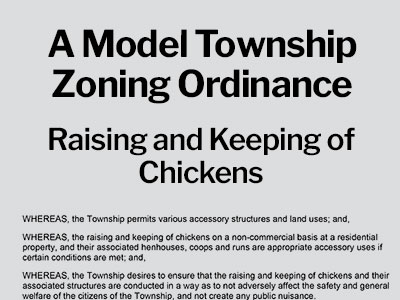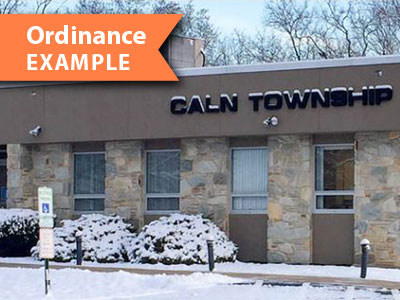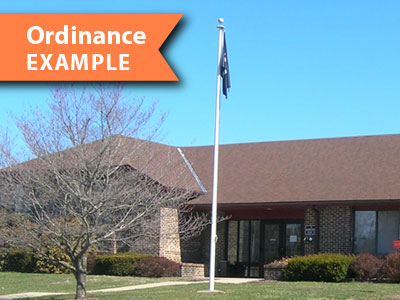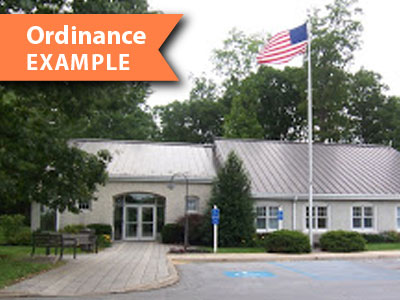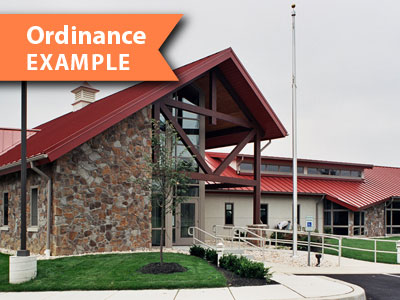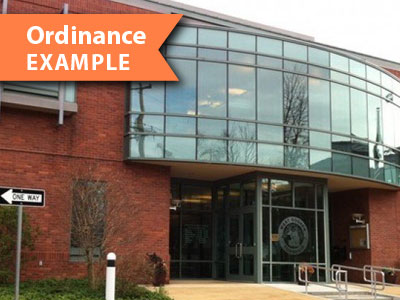How it Works
Interest from residents in raising chickens has increased in residential areas for a variety of reasons, including the desire for fresh eggs and a natural food source. Municipal regulations can address community concerns with this use.
Benefits
Nuisance Controls
Limits on the number of chickens and the prohibition of roosters can address issues related to noise and odors.
Animal Safety
Limits on the number of chickens that may be kept and standards for how they are enclosed can minimize issues related to cleanliness and the potential hazards of roaming beyond property boundaries and predators.
Community Character
Standards on the design and maintenance of chicken coops can protect the chickens and minimize visual impacts on neighbors.
Chicken coops provide shelter and protection for the birds.
Get Started
A backyard chicken ordinance should be adopted as an element of the residential accessory use provisions in the municipal zoning ordinance. (See the model ordinance available on the examples page.) In developing a good backyard chicken ordinance, municipalities should consider the following:
Establish Policy Basis
Recognize the interest and popularity of chicken keeping in Chester County.
Consider Public Opinion
Encourage input from the community during the creation of the ordinance.
Consider Multiple Opinions
Municipal regulations should satisfy the needs of most groups, including those who have no interest in keeping chickens and may object to chickens in the neighborhood.
Keep Regulations Simple
The ordinance should be simple to understand and enforce. Regulations should also be flexible.
Include Appropriate Zoning Ordinance Regulations
Include bulk and lot requirements, maximum number of chickens, and setback minimums; regulate the appearance of henhouses; and list the zoning districts where the keeping chickens will be permitted. Take the health of the flock into account.
Municipal regulations on backyard chicken keeping can provide specific detail about where chicken coops can be located on a residential property.
Roosters are typically not permitted in residential areas.
Photo credit: Rémi Jouan
Considerations
Restrictions
Most municipalities prohibit roosters to limit noise nuisances. Also, on-site slaughtering of chickens should be determined to be allowed or not permitted. If permitted, the location (i.e., outdoors or only indoors) of slaughtering should be specified.
Definitions
Chickens are not typically regulated as household pets because they have different characteristics, so municipalities may need to review their definitions of household pets to exclude domesticated chickens.
Structures
Municipalities distinguish henhouses and coops from chicken pens. Henhouses and coops are usually structures with solid walls and a roof, in which chickens typically remain during nighttime. Chicken pens are typically constructed of wire or mesh that provide access to the ground and provide chickens more freedom of movement. Chicken pens can improve the health of the flock.
Identification Banding
Some municipalities require owners to band the legs of backyard chickens to identify the owner's name and address. Banding is a challenging practice as it may injure the chicken as it grows.
Examples
Chester County Municipalities with Backyard Chicken Keeping Regulations
As of March 2019, approximately eight Chester County municipalities have zoning ordinance regulations related to the keeping of backyard chickens. Most require permits. Here are commonalities found in the ordinances:
- Minimum lot sizes are required. Some allow chickens on lots of less than 1 acre, while others require 1 to 5 acres.
- There are maximum limits on the number of chickens per lot, such as one chicken for each 1/4 acre, up to a maximum of 20 chickens.
- Setbacks from lot lines and adjacent residences are regulated, such as 100 feet to the nearest neighboring residence, and not less than 10 feet from all lot lines. Rear yard locations are generally required.
- Manure controls, such as routine removal schedules, are required.
- Most municipalities require a special exception approval for backyard chickens as an accessory use to a residence; few allow the use by-right.
- It is made clear that keeping of backyard chickens is not a commercial agricultural activity and is not a Concentrated Animal Operation, Concentrated Animal Feeding Operation, or normal farm activity as regulated under the Pennsylvania Act 38 "The Agriculture, Communities and Rural Environment Act of 2005" or ACRE (also known as the "Nutrient and Odor Management Act").


